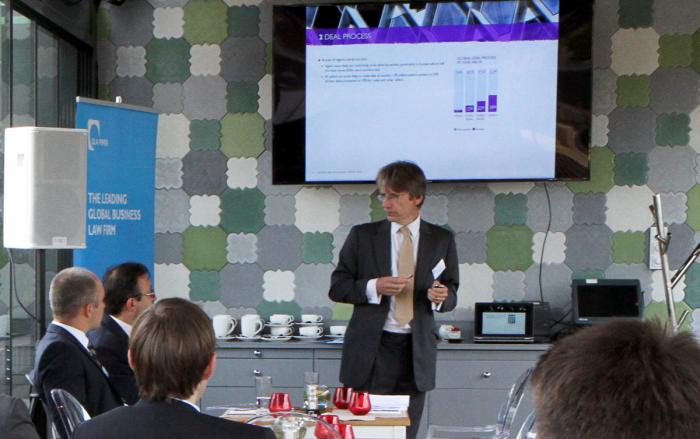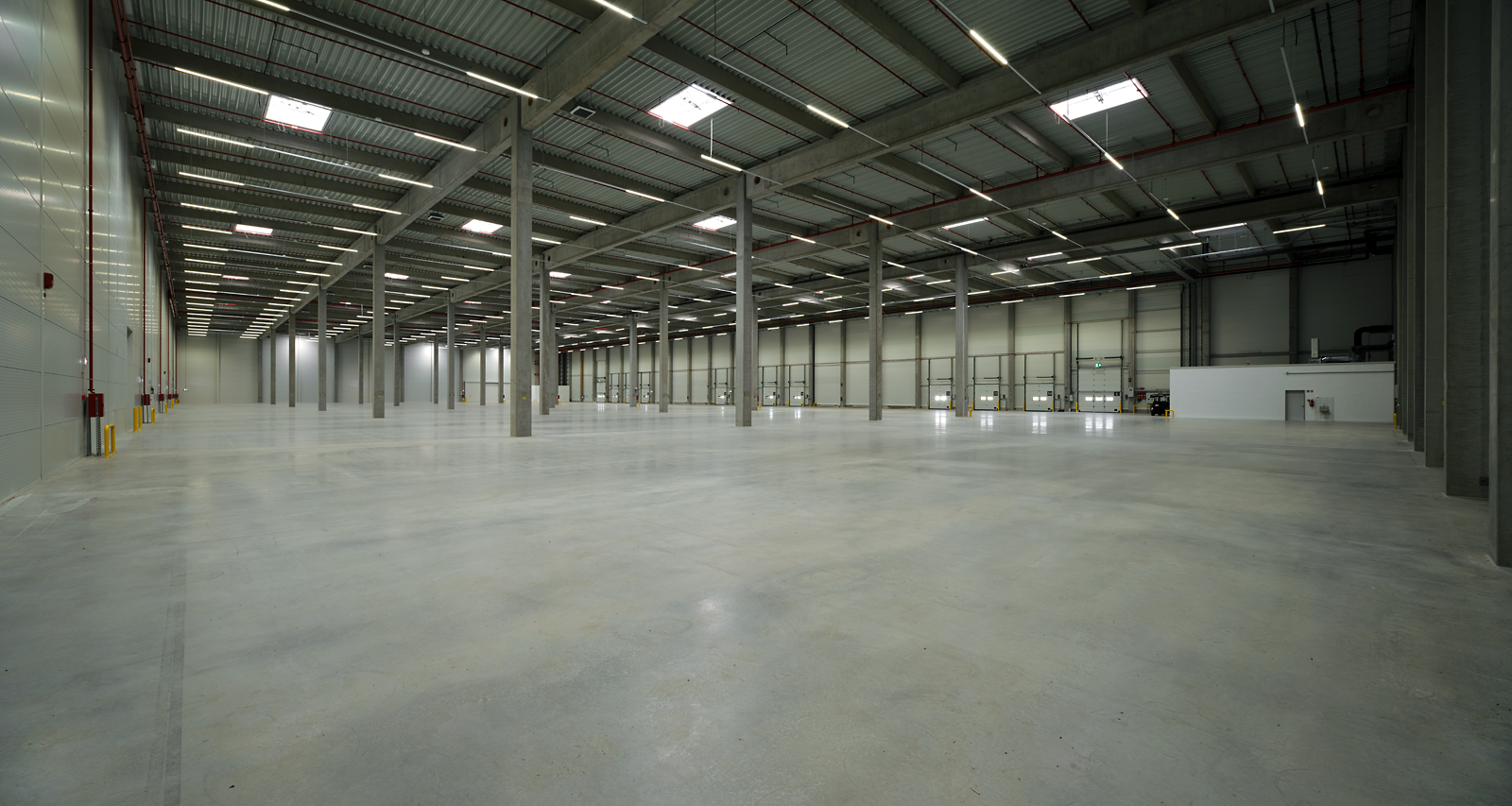M&A market remains strong in Hungary, globally

Globally the M&A market remains buoyant, albeit with some softening in the market overall year-on-year, while the Hungarian M&A market sees a strong deal flow both in terms of numbers and values, according to an analysis DLA Piper sent to the Budapest Business Journal.
Deal terms still suggest that it remains a good time to be a seller, as there is strong competition for good assets and sellers are generally able to negotiate exits that leave them with limited residual risk, according to DLA Piper’s Global M&A Intelligence Report 2016. According to DLA Piper, this year’s data clearly shows that auction processes drive better deal terms for sellers. Competitive tension is real, it makes a difference and there still seems to be plenty of it around.
“The report shows some key differences in the way M&A deals get done across the globe. One of the biggest differences is between U.S. deal terms and those elsewhere,” explained Tim Wright, partner and head of the European private equity group at DLA Piper. “Price adjustments, treatments of conditional deals and data room disclosure remain very different. A seller would much prefer to be European,” he added.
M&A sentiment in the Hungarian market is still strong, according to data DLA Piper collects. “Regarding the Hungarian M&A market strong deal flow continues both in terms of numbers and values,” said Gábor Molnár, partner and head of corporate and M&A at DLA Piperʼs Budapest office. “Cross-border activity has picked up in the recent year across the board, including Hungary focused transactions as well as regional and global deals with Hungarian assets.”
On the Hungarian market, the deal sizes are on a different scale than in Western Europe, with the majority of the cross border deals falling within the EUR 10 million-100 million range, DLA Piper says in the report. Particularly active sectors are real estate, banking, food as well as IT and media. As a more recent trend, transactions triggered by generational changes at Hungarian medium-size family businesses now regularly appear on the M&A market. The market continues to be dominated by bilaterally negotiated private transactions, although a sizeable portion of the transactions are sufficiently attractive to justify a competitive auction sale, improving the deal terms for the sellers.
A particularly active part of the Hungarian M&A market, the commercial real estate sector is highlighted by a strong appetite from investors for logistics properties and an increasing number of foreign buyers from non-EU countries. In the course of DLA Piper’s separate study, the completed transactions were assessed from various aspects, such as asset class, acquisition structure, purchase price payment protection or limitations of liability.
“The market was very much dominated by foreign investors (71%), though we have seen a slight increase in the activity of domestic players (29%) compared to previous years,” said Szilárd Kui, head of the real estate practice at DLA Piperʼs Budapest office. “When we look at the purchasers’ composition we see a familiar picture, where institutional investors (59%) are followed by high net individuals (12%) and developers (12%). The relatively high activity of developers indicates that a healthy number of new investment products are in the pipeline for 2018 and beyond. If we take a look at the seller side we see a more balanced setup, domestic and foreign sellers both accounted for around half of the transactions we examined. On the seller side, developers (37%) and institutional investors (37%) took the lead, followed by high net individuals (13%).”
According to the findings of the study, office properties retained first place with (44%), while logistic properties (25%) became an unexpected second in the asset class, together with properties for development (25%), which indicates that the property cycle is now restarting for developers.
SUPPORT THE BUDAPEST BUSINESS JOURNAL
Producing journalism that is worthy of the name is a costly business. For 27 years, the publishers, editors and reporters of the Budapest Business Journal have striven to bring you business news that works, information that you can trust, that is factual, accurate and presented without fear or favor.
Newspaper organizations across the globe have struggled to find a business model that allows them to continue to excel, without compromising their ability to perform. Most recently, some have experimented with the idea of involving their most important stakeholders, their readers.
We would like to offer that same opportunity to our readers. We would like to invite you to help us deliver the quality business journalism you require. Hit our Support the BBJ button and you can choose the how much and how often you send us your contributions.








